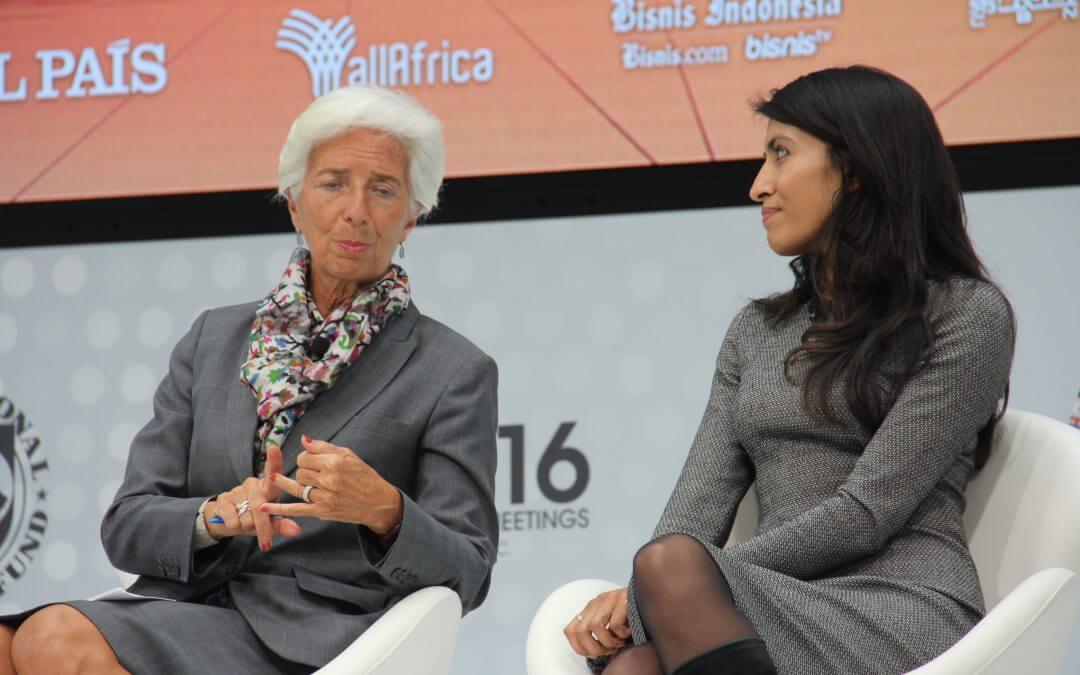WASHINGTON — Technology will fuel an increase of up to 3 percent in the gross domestic product of every country in the world over the next decade, the chairman of the board of Cisco Systems said at an International Monetary Fund panel Wednesday.
“If you look at what is in front of us, I think it will transform every person’s life,” John Chambers said. “A digital world that we are now about to encompass will transform every country. Economically, my view is that the next decade, incrementally we’ll have $19 trillion in economic growth.”
IMF managing director Christine Lagarde moderated a discussion on how technology can be used to bridge the global economic gap, and what role it will play in the future of developing markets across the globe. Lagarde said “there is still a huge technology divide.” She said “six billion people do not have access to broadband or fast internet.”
Chambers raised some eyebrows, saying “more than 40 percent of businesses will disappear over the next decade.” The impact that Uber, Lyft and Amazon have had on legacy industries will spread to every industry in the near future, including the automobile business industry, he said.
Average median income salary will also “increase dramatically,” Chambers predicted, as long as “technology is done right.” Technology should drive up a country’s GDP anywhere from 1 percent to 3 percent, he said.
Leila Janah, the founder of startups Sama and LXMI, said technology will also have a lasting impact on the gig economy. The United States will see a shift of work from the informal sector into the gig economy because workers now “have transparency, flexibility and wages,” Janah said.
However, Janah was concerned about the government’s ability to adapt to the shift, which would displace some workers.
“There is no government program to prepare workers for the gig economy,” she said, using jargon that refers to apps, such as Airbnb and Uber. “We have no idea how much money they are making. We have no idea how many people are really being affected by this. My fear is that government is moving 10 years behind where it should be.”
Janah said she anticipates “a few new opportunities to emerge, but not enough opportunities will emerge to replace all these people displaced by the technological shift.” She emphasized the necessity of having a debate about how to mold the rules of society to a new technological model.
“We are starting to see a world where fewer of us will have to work to see the same output,” Janah said.



